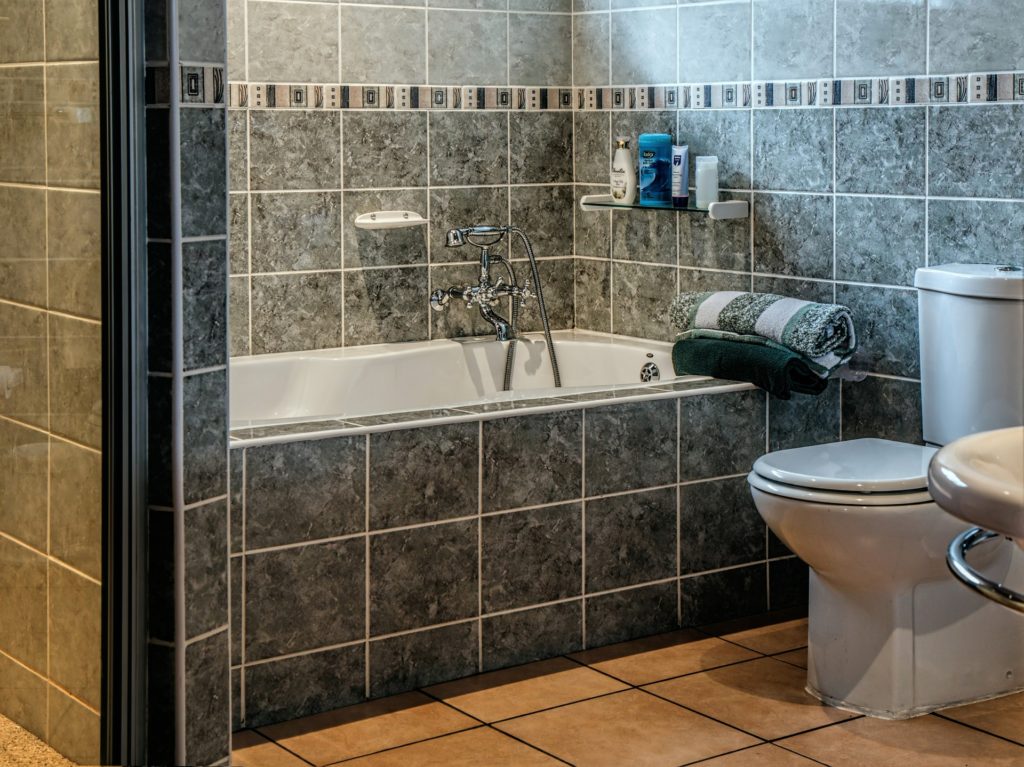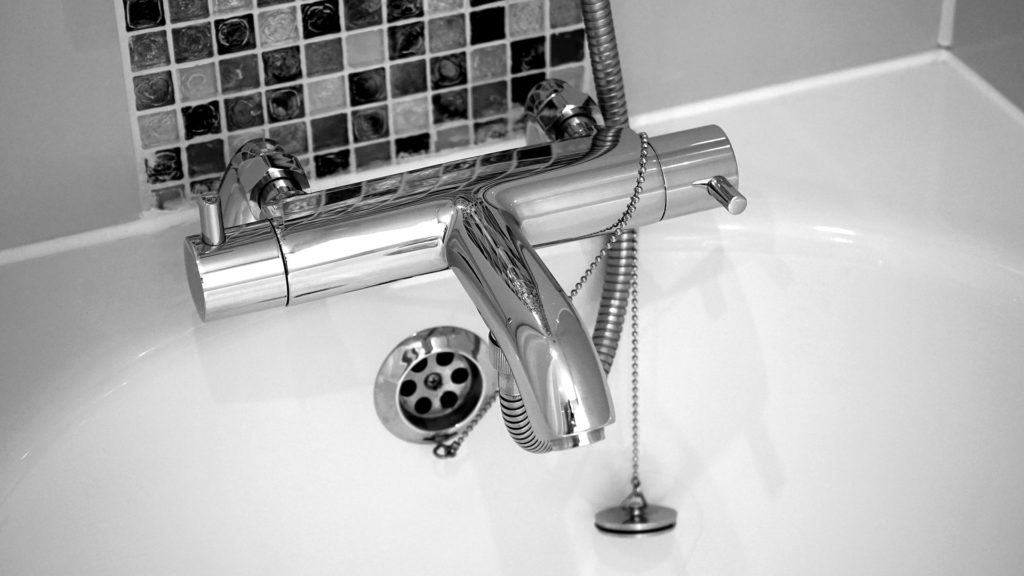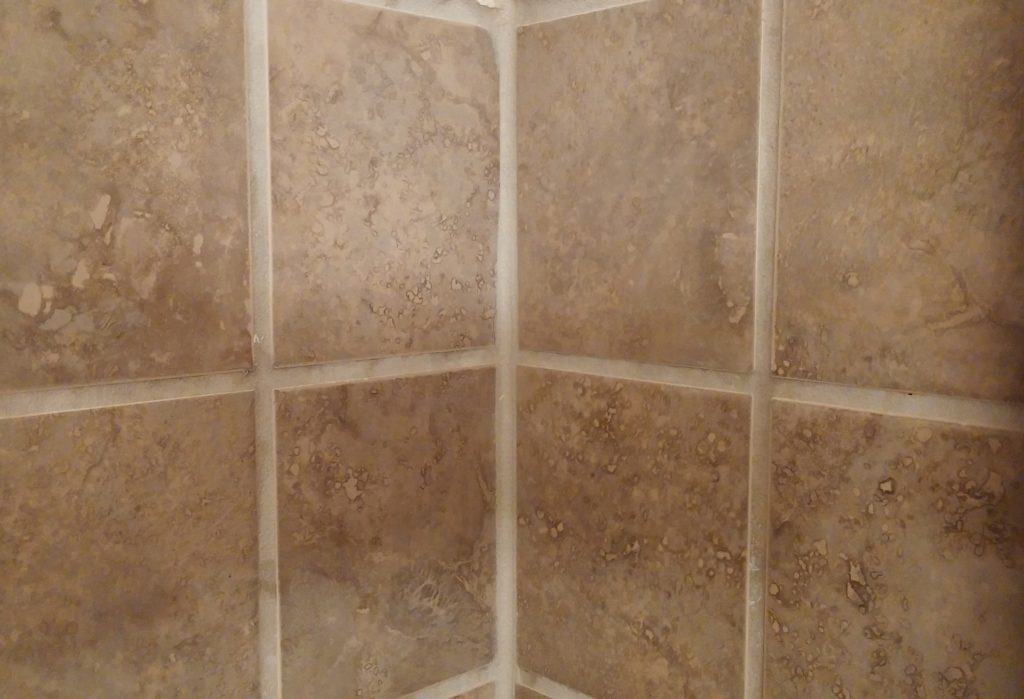
Bathrooms smell. All bathrooms smell. It’s usually the room that smells the most in a house. And it’s quite normal considering what everyone does there… As much as we hate talking about it, this is where we go to do our business – which is pretty disgusting and smelly. But again, these are bodily functions and cannot be stopped – it’s totally normal, everyone has to go!
But it is not easy to clean the bathroom on a daily basis. We all have busy schedules, and we can’t spare hours every day to clean the bathroom from top to bottom. We hear you. But it’s also crucial that this high-traffic room stays clean.
So, to help you out, we’ve come up with a few simple ways to keep the bathroom clean for longer, keep the odours at bay and ensure the bathroom smells fresh naturally. Read on find out how to get more mileage out of your efforts:
Step 1: Keep moisture away
The leading factor to pungent smell is bacteria growth. And the best way to have bacteria grow in your bathroom is to let moisture sit in the bathroom for a long time.
Moisture can accumulate in a bathroom after a shower. Notice how condensation covers the tiles, mirrors and bathroom counter after you get out of the shower? This condensation is caused by the steam of your shower. In addition to making the bathroom smell, this moisture can also cause mildew stains to form in your bathroom.
Solution:
Ensure the shower stays dry. There are a few ways of doing that:
- You can wipe down the walls, tub, faucets and shower doors with a squeegee once you are done in the shower.
- Use bathmats and dry the floor once you step out of the shower. (Wash those rugs on a regular basis so they do not harbour any smell.)
- Crack a window or the door open while showering. This will help dissipate the moisture.
Step 2: Keep plumbing fixtures and faucets clean

While hard water deposits do not cause any odour, it does not look attractive, makes the bathroom look dirtier than it really is and, worst, impairs the function of your fixtures.
Because of the high moisture rate and water collection in bathrooms, faucets tend to quickly accumulate hard water deposits. No matter how new the faucet is, these deposits will make it look old and dingy.
Solution:
Everyday cleaning won’t cut it when it comes to hard water deposit – You can’t remove buildup with just water. While you still need to clean the faucets and fixtures regularly in a specific way, you don’t need to get any special cleaning products.
To keep them looking nice and working correctly, do the following:
- Pour regular white vinegar in a container.
- Soak a clean piece of rag in the vinegar.
- Carefully drape the rag over the faucet so the rag covers the areas that have hard water deposits.
- Wait 30 – 60 minutes before removing the rag.
- With the help of a non-scratch sponge scrub vigorously, while focusing on areas with the most buildup.
Step 3: Keep the grout clean

We can all agree that well-installed tiles can make any bathroom look modern and classy. They are also ideal for bathrooms since they are very resistant to moisture. But there is one downside to having tiles installed, and that is Grout.
It is used to keep the tiles together and looks beautiful when fresh. But because it is porous, it absorbs dirt, debris, and liquids easily and is more prone to staining. If it is not cleaned properly, it will become stained and mildewed, and can even crack. Dirty grout can have a certain smell to it and can make your bathroom smell strangely.
Solution:
To maintain grout in the bathroom and extend its life, follow these simple steps:
- Use a squeegee to wipe down the tiles on the walls after your shower. It will help remove excess water.
- Lightly spray the tiles with a mild shower cleaner.
- Every two weeks rub water and baking soda paste on the grout using a grout brush or an old toothbrush.
- Rinse with clear water.
- Dry using a squeegee.
Step 4: Keep the shower curtain free from buildup
Since shower curtains are in contact with water from the shower on a daily basis, they can develop mildew and odours if not scrubbed regularly.
Solution:
- If you have a vinyl shower curtain, spray the bottom of the liner with a bleach-containing all-purpose. Do this several times a month to keep soap scum, water minerals, and mildew at bay.
- If you have a cloth shower curtain, put it in the washing machine every month.
- Coat the shower curtains with a water repellent.


